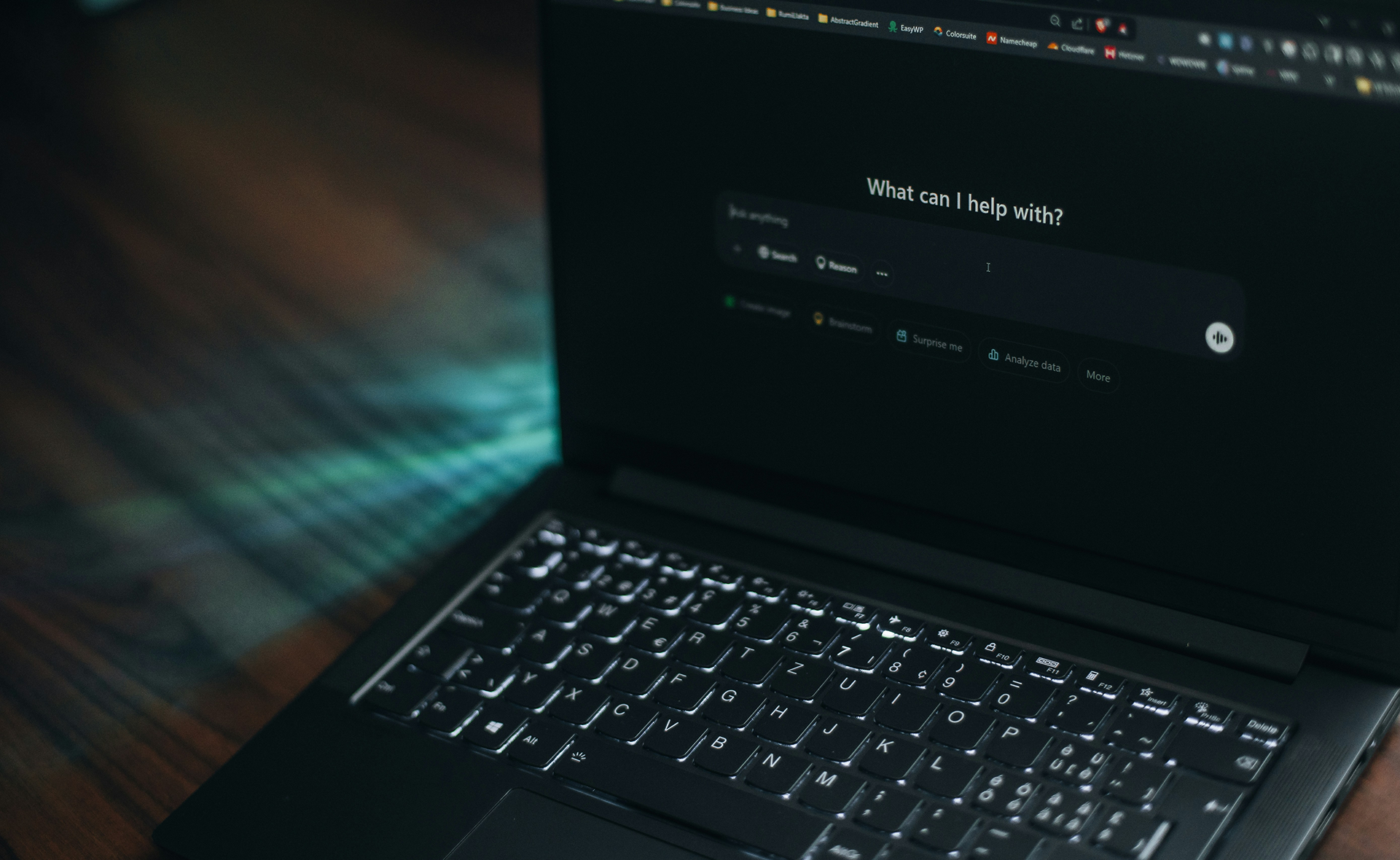Google Search Query Updates In Localisation
What is it?
Google announced on the 9th September that they have made changes to the availability of SQR data. Search Query Reporting is used by advertisers to optimise their Google Ads accounts by identifying new keyword opportunities or catching unwanted traffic, getting ideas for ad copy updates and landing page content for their Search & Dynamic Search Ads campaigns. It is a valuable tool in driving performance and increasing reach to users.
The update comes after Google changed its privacy policies in 2020 to restrict the amount of data advertisers could access. Google announced last September that data for search queries with lower impressions would no longer be available. There was a strong reaction at the time to this new policy and since then Google has been working on a way to protect both the users’ privacy and to give advertisers more access to data.
With the change in policy, advertisers now have access to more search queries for Search and Dynamic Search Ads campaigns. The increased access applies to queries that have been received since 1st February 2021. Google has confirmed that it has introduced a grace period for data that was collected before 1st September 2020 but doesn’t comply with their current privacy standards. This data will be available to advertisers until 1st February 2022.
Additionally, Google will launch a new Insights page in the coming months to offer advertisers insights into the themes that are relevant to their business. They say in particular that Search trend insights will help you to understand the search interest for products and services relevant to your business.
What does it mean in practice?
The change has different implications for different sizes of advertisers. The update may have the biggest impact on smaller accounts, which means it could affect businesses operating in niche industries or advertising in geographical locations with naturally smaller audiences. In such cases, advertisers can again access low volume queries for a limited time. Even though they may lack significant search volume, individual search queries can have a big impact on small accounts. However, for bigger and more mature accounts, which usually focus on search queries that reach their defined thresholds, a big impact may not be felt in their analyses. Insights from low volume queries might only come to their attention if n-gram or similar solutions are used to identify positive or negative terms.
Locaria has a well-established search query process. We mine the most useful search queries and add them as new keywords to our client’s accounts where they add value by driving engagement and improving performance. Such queries are usually high impression queries, so given the change to Google’s policy Locaria’s process will remain the same. For negative terms though, the update gives us access to any terms that have been off the radar since September 2020 so we can give a realistic picture to our clients about the cost savings associated with the negative terms before the deadline of 1st February 2022.
What is Locaria’s advice?
Gaining access to queries that don’t comply with Google’s current privacy policies is a great opportunity to access extra data. As this will only be available for the next few months, it would be worthwhile downloading this data to do an offline analysis and then add it to the relevant international Search campaigns.
Gaining access to low volume queries on the accounts again will surely be welcomed by all advertisers. While smaller advertisers might see an increase in their workload when analysing them, bigger advertisers may not see an impact on their day-to-day account work. It is crucial for all advertisers to keep in mind that the data is accessible, so don’t miss the opportunity window.
In terms of the new insights feature, this is a cooperative compromise from Google. The new feature will be particularly useful for new advertisers who don’t yet have access to a full year’s worth of data or who are unaware of trends or spikes in demand that affect their industry and international markets.
When the historical data becomes inaccessible again from 1st February 2022, advertisers will have the option to focus on DSAs to fill some of the gaps left by SQRs queries that can’t be accessed. To optimise DSAs, advertisers will have to concentrate on the quality of the content on their landing pages.
Two core Locaria values are “Equality in Content”, to maintain consistently high-quality standards, regardless of language or location and “Celebrating Language with Data”, to ensure that we leverage data to deliver multilingual content. Combined, these two pillars of quality deliver the content that end customers want and deserve, regardless of language, location or platform.
Locaria’s multilingual content optimisation services are essential to this end. Our services will ensure that advertisers are improving the quality of their local content, their local landing pages and ultimately their multilingual ad copy performance.
To find out more on how Locaria can help further with meeting your business needs then please do not hesitate to contact us today. Our team of experts are ready to help.

Article by Rachael Bradley



